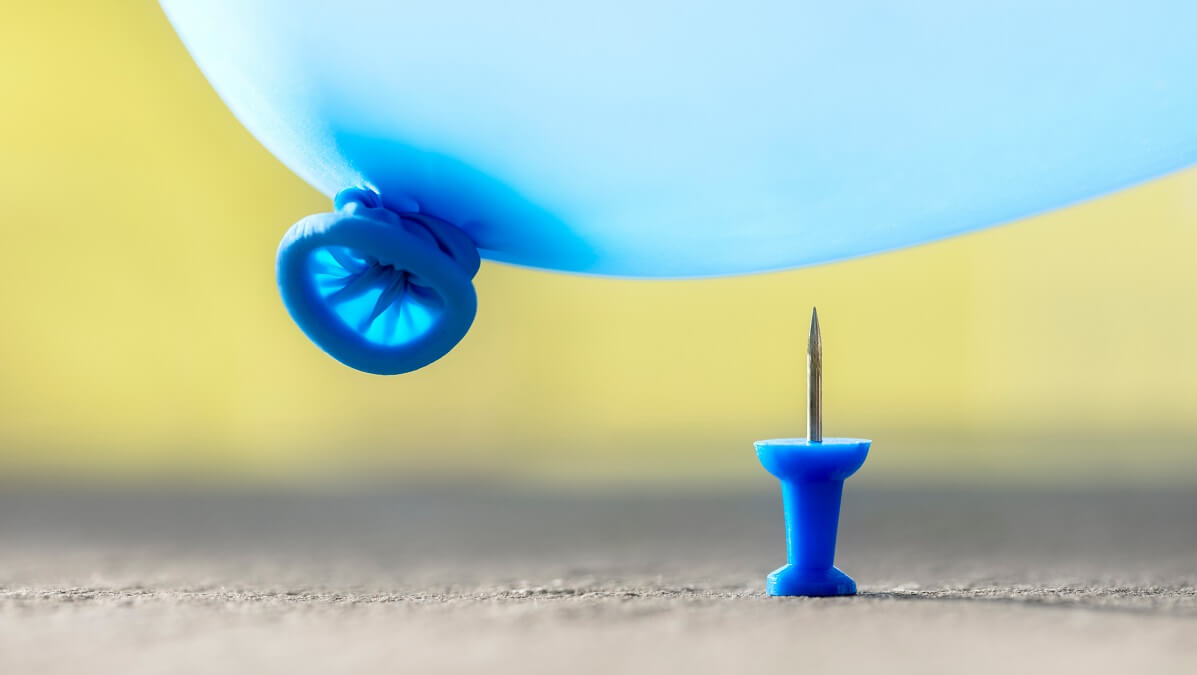The official measure of inflation, the Consumer Price Index (CPI), has fallen for the second month in a row. Good news for the economy, and even better news for those receiving an Age Pension. The figures might, however, dent expectations for the next pension indexation in September.
The CPI figures for February, compiled by the Australian Bureau of Statistics (ABS), showed annual inflation at 6.8 per cent over the 12 months to the end of February, down from 7.4 per cent at the end of January and well down from the peak of 8.4 per cent in December.
The most significant contributors to price increases were housing (up 9.9 per cent), food and alcoholic beverages (up 8 per cent) and recreation (up 6.4 per cent).
But crucially, the rate at which prices of these items are rising appears to be slowing.
“Prices for food and non-alcoholic beverages eased slightly, from an annual rise of 8.2 per cent in January to 8 per cent in February,” says Michelle Marquardt, ABS head of price statistics.
“Meals out and takeaway food (+7.3 per cent) was the main contributor to the annual increase, followed by food products not elsewhere classified (+11.8 per cent), bread and cereal products (+12.5 per cent), and dairy and related products (+14.3 per cent),” she noted.
While a slowing of price rises is good for all consumers, pensioners look set to benefit most from the reduction in inflation.
That’s because lowering inflation will increase the purchasing power of retirees receiving an Age Pension. Or put more simply, you will be able to buy more with your money.
The Age Pension rate went up 3.7 per cent earlier this month, but compared with the 7.4 per cent inflation rate at the time, it was cold comfort.
A drop in inflation to 6.8 per cent improves the situation somewhat, but pension advocates still believe indexation should occur more frequently, especially during times of high inflation.
The March pension increase was lashed by seniors’ advocates, who said it was insufficient to meet the increased cost-of-living pressures faced by pensioners.
National Seniors chief executive Ian Henschke is calling for the indexation system to change, so older Australians can cope with price increases in a more timely manner.
“For pensioners struggling to cover necessities such as food, fuel, and electricity, how often is as important as how much,” he says.
“Ideally, the federal government should index the pension every three months during times of high inflation to help those most vulnerable.
“It is critical during times of high inflation that we adjust four times a year instead of two.”
What does slowing inflation mean for the September pension indexation?
Paul Versteege, policy manager at the Combined Pensioners and Superannuants Association (CPSA), explained in a previous column that when inflation goes down, the pension doesn’t go down.
“That is good,” he wrote. “But neither does it go up.”
He said that the last time the CPI fell – in June 2020, by 1.9 per cent – the September pension indexation was zero.
Do you believe slowing inflation will boost your purchasing power? How would a zero increase in September affect you? Let us know in the comments section below.
Also read: Pension Supplement explained


I’m thinking a Government conspiracy theory here!
“We have an ageing population with heaps of “old” people NOT contributing to the economy, so by not paying them, maybe they’ll all starve to death!!””
A drop in the rate of inflation will be good for everyone, but there is still an increase in costs due to the ongoing inflation rate. The rise in the Pension Rate in March did not compensate for the increases in costs between September and March, which had to be Funded from Personal Savings or Credit. Therefore a Zero Rise in September will be another / further kick in the guts to ALL Pensioners, and definitely will nor compensate for Cost Increases due to the ongoing Inflation.
The easy fix is a Universal Pension paid to everyone of Pension Age, and have it fixed to the Minimum Wage, so that when the lowest paid workers get a rise, so do the Pensioners.